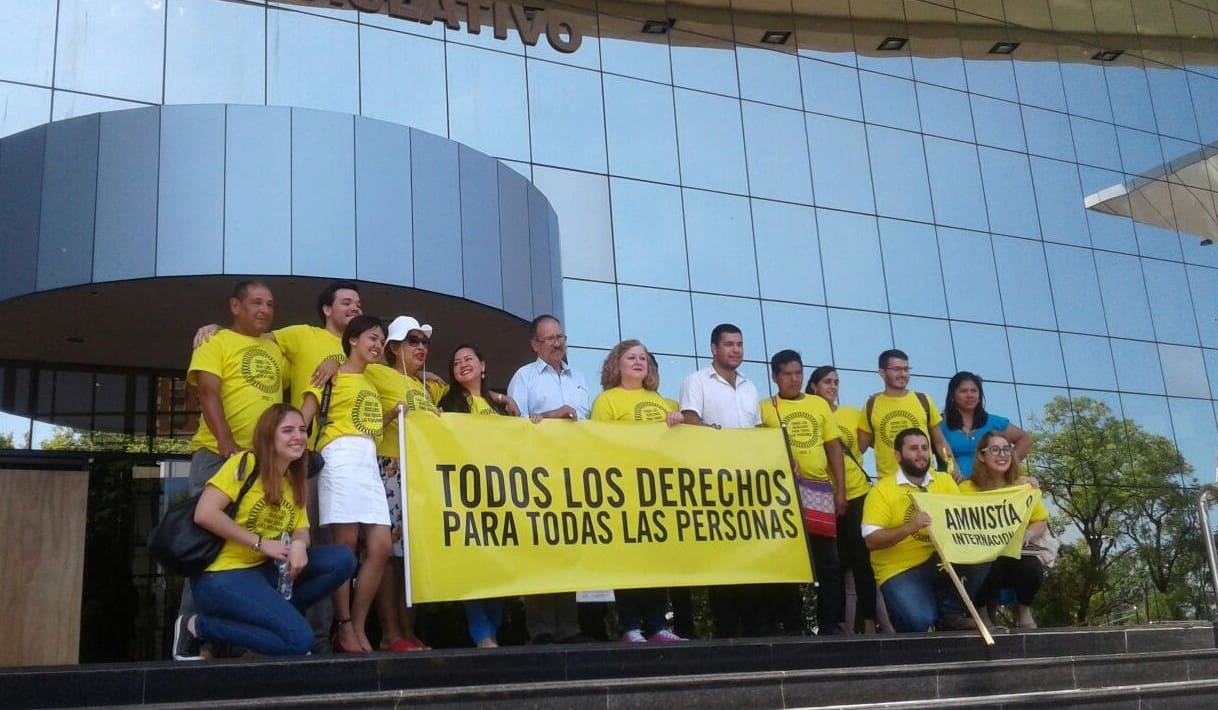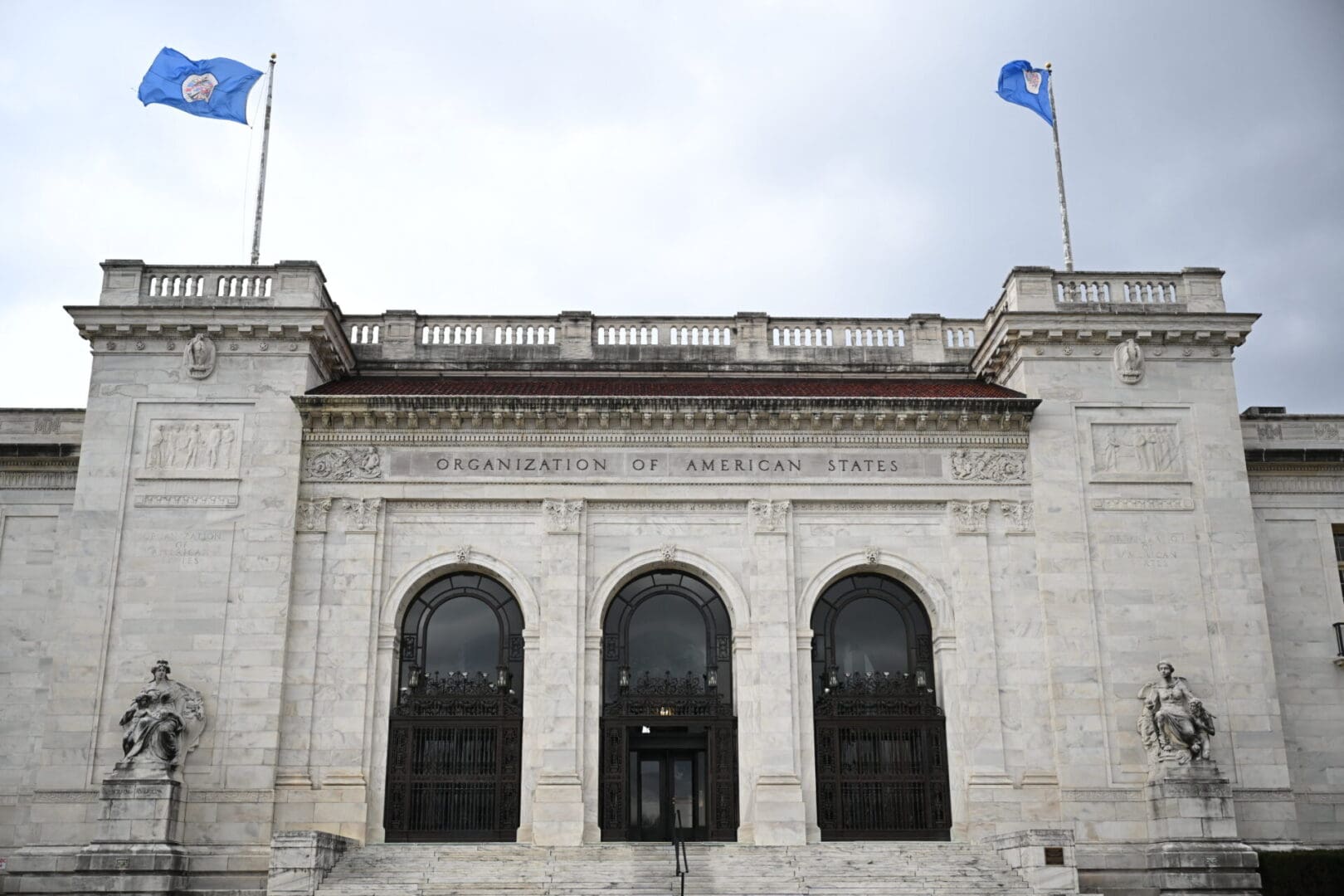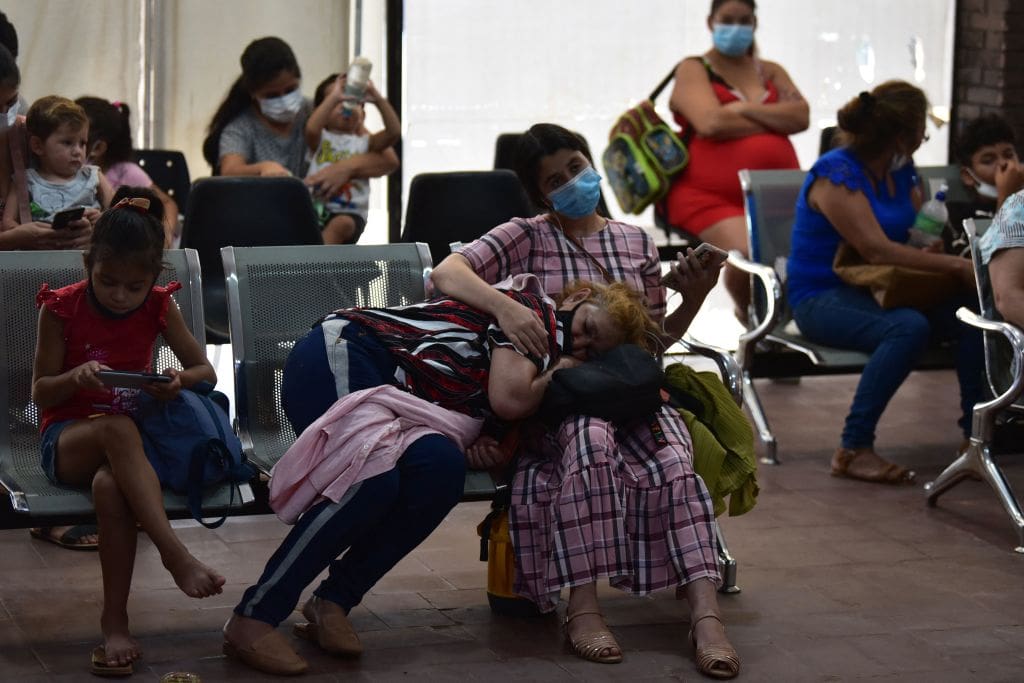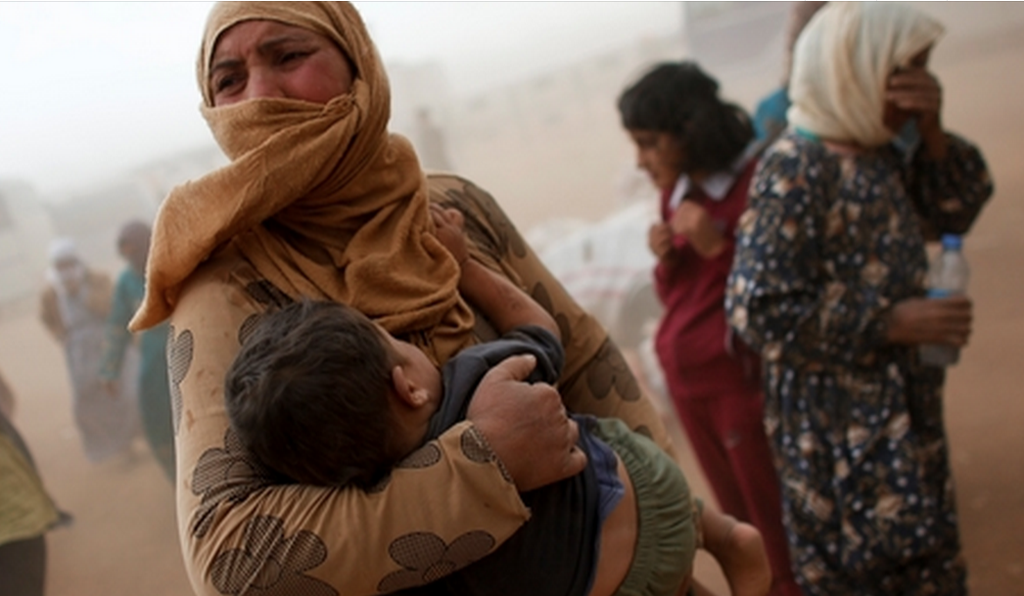The following information is based on the Amnesty International Report 2021/22. This report documented the human rights situation in 149 countries in 2021, as well as providing global and regional analysis. It presents Amnesty International’s concerns and calls for action to governments and others.
PARAGUAY 2021
Police responded with unnecessary and excessive use of force to protests over the government’s management of the Covid-19 pandemic and alleged corruption. Several protesters were arrested and faced criminal charges. The health system collapsed as the pandemic intensified. There was no significant progress regarding several cases of human rights violations in previous years, including cases of torture and violations of LGBTI and Indigenous rights. There were high numbers of cases of sexual abuse of children and adolescents and violence against women. The country was shaken by forced evictions, especially of rural and Indigenous communities.Background
The UPR of Paraguay’s human rights record resulted in more than 200 recommendations of which seven were rejected and two were partially accepted. The Inter-American Court of Human Rights found Paraguay responsible for violating judicial independence and legal protections in the case of two former Supreme Court justices dismissed in 2003 and the UN Human Rights Committee found Paraguay responsible for violating the rights of an Indigenous community.Freedom of assembly
In March, thousands of people throughout the country took to the streets to protest against alleged corruption in the pandemic response as well as the collapse of the health system. There were multiple complaints of excessive use of force by police. Vivian Genes and other student protesters were arrested, charged and accused of involvement in a fire at the premises of the ruling party, the National Republican Association. The authorities announced that they would acquiesce to the facts presented before the Inter-American Court of Human Rights regarding the killing of the journalist Santiago Leguizamón in 1991, acknowledging their responsibility. Deliberations regarding reparations continued.Right to health
The health system collapsed as the Covid-19 pandemic intensified and thousands of people were unable to access intensive care units or receive adequate healthcare. Implementation of the Covid-19 vaccination plan was initially intermittent and slow. There were allegations of corruption and strong criticism of mismanagement regarding the purchase of vaccines. As the vaccination roll-out progressed, the number of deaths and infections decreased. Covid-19 claimed the lives of over 14,367 people in 2021, more than six times as many as in 2020. The pandemic further exposed historic underfunding of the health system and the resulting inadequate access to public healthcare, particularly for those with limited resources.Torture and other ill-treatment
No progress was made in investigations into the alleged torture of 35 people at a naval base in the city of Ciudad del Este in 2020. By the end of the year, more than 18 months after the incident, no one had been charged in the case.Economic, social and cultural rights
By the end of the year, Paraguay had not ratified the Optional Protocol to the ICESCR or the Regional Agreement on Access to Information, Public Participation and Justice in Environmental Matters in Latin America and the Caribbean (the Escazú Agreement). The number of forced evictions increased, several of them affecting Indigenous communities. Many evicted groups had no guarantees of effective judicial remedies and the evictions were carried out without granting them any resettlement alternatives, among other irregularities.Indigenous peoples’ rights
The state failed to return the ancestral lands to the Tekoha Sauce community of the Avá Guaraní people. They had been evicted on two occasions in previous years, one of them to allow the construction of a hydroelectric power plant in Itaipú.1 In October, the UN Human Rights Committee issued a resolution holding Paraguay responsible for violating the human rights of the Campo Agua’e Indigenous community through contamination by toxic agrochemicals on their lands.LGBTI people´s rights
No progress was reported in the criminal cases concerning attacks on LGBTI people during a Pride march in 2019 in the city of Hernandarias. The Hernandarias municipality had banned the march in part as “contrary to public morals”. A lawsuit against the municipality´s decision filed by Amnesty International in October 2019 also remained stalled.Human rights defenders
Despite a commitment made during a previous UPR review, the authorities did not identify a mechanism for the protection of human rights defenders and did not disseminate the Declaration on Human Rights Defenders.Children´s rights
The authorities did not implement sufficient and effective measures to prevent, identify and address cases of sexual exploitation and abuse of children and adolescents. The Ministry for Childhood registered 3,850 cases of mistreatment and sexual abuse of children between January and October. Of these, 1,345 related to sexual abuse and exploitation. The Public Prosecutor’s Office received 2,284 complaints of child sexual abuse in the first 10 months of the year. The authorities did not guarantee the sexual and reproductive rights of girls. By September the Ministry of Public Health and Social Welfare had registered 357 births to girls aged between 10 and 14.2 However, in December, a technical working group was set up to address the problem and a single comprehensive care route was finally approved. The authorities failed to shed light on the circumstances surrounding the deaths of two 11-year-old Argentine girls during an operation by the Joint Task Force in the department of Concepción in September 2020. There were also no answers regarding the flawed investigation by the Public Prosecutor’s Office and the authorities failed to establish a special commission to investigate the incident or to seek the assistance of the Inter-American Commission on Human Rights, as requested by civil society organizations.Women´s rights
In November, a sentencing court found a priest responsible for the sexual harassment charges brought by Alexa Torres, and he faced a suspended sentence of one year imprisonment. A bill declaring femicides a national emergency was passed in the context of an increasing number of killings of women. Congress also discussed another bill which would define cases as family violence even where the perpetrator and victim are not cohabiting. The Supreme Court of Justice approved the protocol for dealing with cases of domestic violence against women and the Ministry of Public Health and Social Welfare issued a manual on support services for victims of domestic violence. The Public Defender’s Office reported in mid-November that a record 2,312 women had been assisted in the first six months of the year within the framework of Law 5777. The National Police and Ministry of Women SOS helpline registered 4,469 cases of domestic violence in the same period. A bill to prevent, punish and eradicate gender-based political violence against women was before Congress at the end of the year.Relevant Links
- Paraguay: Indigenous Community at Risk of Eviction (Index: AMR 45/0614/2019), 2 July.
- Paraguay: They Are Girls, Not Mothers: Steps to Ending Sexual Violence against Children and Adolescents and Forcing Girls into Motherhood in Paraguay (Index: AMR 45/5031/2021), 1 December
- For more information visit the Amnesty.org Country page






